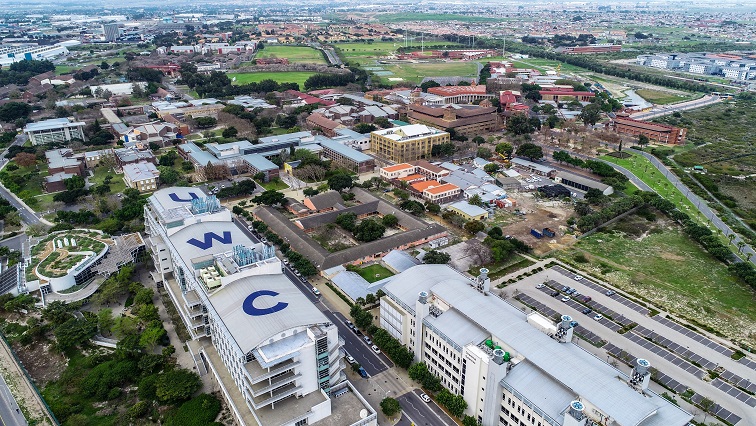-
Snack hamper.
Civil society organisation, AfriForum, says the Gauteng Education Department’s ban on the sale of food at schools is too drastic as it will negatively affect learners or expose them to greater danger. The decision was made in response to the startling rise in food contamination incidents affecting pupils across various schools in the province.
The increasing number of deaths and hospital admissions have been linked to food and snacks sold by spaza shops.
AfriForum’s Head of Cultural Affairs, Alana Bailey says a one-size-fits-all approach is not a solution to the problem.
“On the one hand, you have school tuck-shops and verified and accredited vendors on the school property and on the other hand, you have traders and vendors who come and go outside of schools. Now, everyone is being banned which means that if a parent cannot provide lunch for a child for school or even for activities after school now suddenly, they have access to any food at the school premises. And we feel the probable thing to happen is that they will slip out and they will try and get a snack or food from outside,” says Bailey.
Bailey also said AfriForum has requested that the department allow authorised sellers who can prove that they meet all the necessary requirements and comply with health regulations to resume the sale of food on school premises.
Meanwhile, Kopanang Africa Against Xenophobia has criticised government’s decision to suspend food sales in and around school premises.
The organisation says informal trading is often the only source of income for the food vendors.
Spokesperson for Kopanang Africa Against Xenophobia, Dr. Dale McKinley, has slammed the decision.
“This has been going on, with the first cases of the food poisoning were months ago- and it seems to us, a very rushed and very hasty kind of decision that is in some ways a panic. In the case of informal traders, particularly around schools, these are not people who are just selling willynilly, any foods and snacks; these are often times people that have been there for years. That’s their livelihood, they have agreements with the school, it seems like there was just no consultation, there was no plan, there’s no sense of trying to determine who might be responsible for this, who the suppliers are, where the real sources of this problem are, as opposed to going after people whose livelihoods depend upon food sales,” he says.











